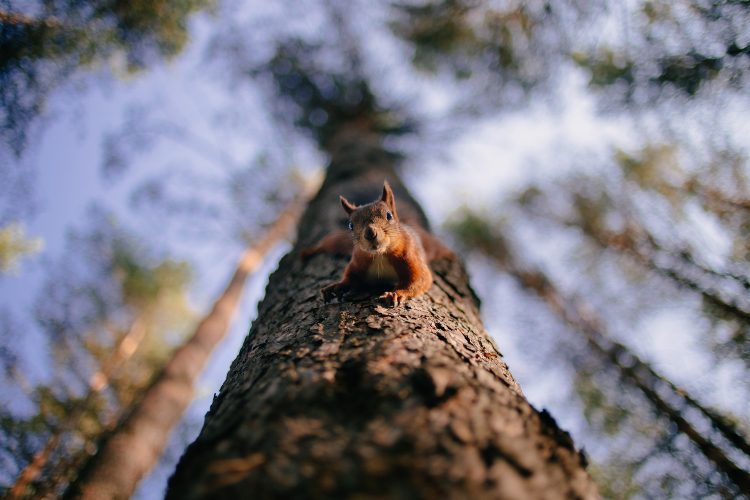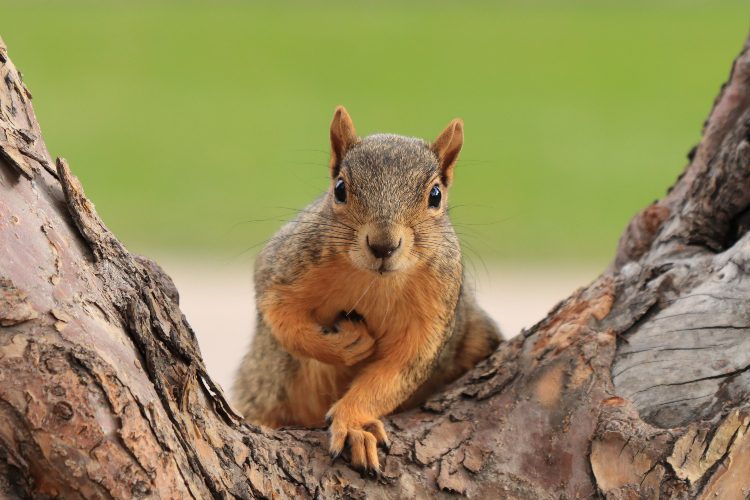
Marcovnica/Shutterstock
While humans have studied animal behavior for thousands of years, we’re still learning new facts about them all the time. For example, scientists recently discovered that, much like humans, squirrels have different personality traits!
Observing Ground Squirrels

Vaclav Matous/Shutterstock
A study conducted by scientists at the University of California, Davis, has revealed that squirrels have different personalities, just like humans! Taking a look at the golden-mantled ground squirrel, found in the western United States and Canada, the study found that the squirrels have four main personality traits: boldness, aggressiveness, activity level, and sociability. As you might expect, discovering that these little critters have full-blown personalities, not just the desire for food, shelter, water, and reproduction, blew the team away! While the discovery is still new, the U.C. Davis team wants to now focus on how these traits affect the environment that the squirrels live in.
“This adds to the small but growing number of studies showing that individuals matter,” said lead author Jaclyn Aliperti, who conducted the study while earning her Ph.D. in Ecology at U.C. Davis. “Accounting for personality in wildlife management may be especially important when predicting wildlife responses to new conditions, such as changes or destruction of habitat due to human activity.”
So how did Aliperti and her team make this discovery? Well, it took three long summers…
Four Main Personality Traits

Jaclyn Aliperti/Shutterstock
Over three years, Aliperti took her time observing the squirrels and determining just how they interact and differentiate from one another. During the study, each specimen was placed in a box with tunnels and holes first, then they appeared in front of a mirror, got approached by a human, and last, every squirrel was caught and observed. Before you feel too worried, none of these tests harmed the cute little critters! However, it did bring them into unusual situations, so Aliperti and her team could observe how they reacted. Ultimately, bold, aggressive squirrels took more charge in these strange (for them) conditions. They moved quicker, acted more aggressively, and grabbed and climbed onto perches – a skill that allows them to look out for the predators. Meanwhile, as you might expect, the more timid squirrels moved less and tried to hide more.
So, what did the study learn about the aggressive versus timid squirrels? “Within this asocial species, individuals that tend to be relatively more social seem to have an advantage,” the study said. Though, Aliperti admits it might have to do with the squirrels! “The squirrels of UC Davis are something else,” she explained, laughing. “I view them more as individuals…I view them as, ‘Who are you? Where are you going? What are up to?’ versus on a species level.”
Ultimately, Aliperti hopes that her study, and others like it, can help save animals all around the world. “Animal personality is a hard science, but if it makes you relate to animals more, maybe people will be more interested in conserving them,” Aliperti explained to Yahoo News.










